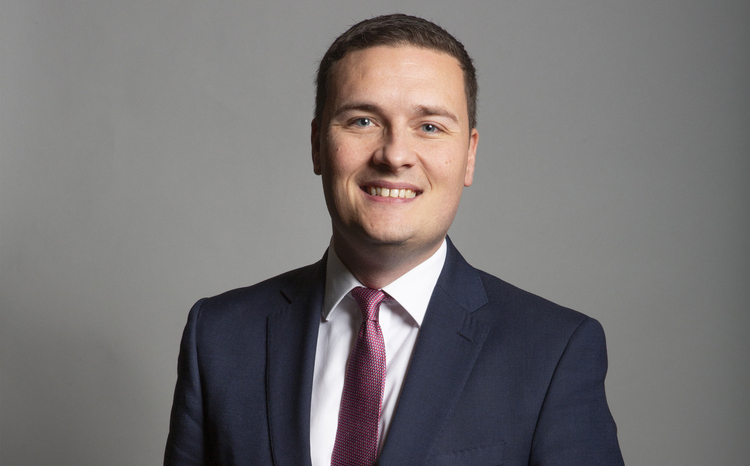Digital Health Coffee Time Briefing 
- 20 March 2024

Your morning summary of digital health news, information and events to know about if you want to be “in the know”.
???? News
???????? Technology involving 4D imaging, which can prevent falls and automatically alert carers to a medical issue, could soon be rolled out in more care homes across England, according to the Department of Health and Social Care. Whzan Guardian, a UK-developed technology, is a monitoring system that uses 4D mapping technology to track people’s movement around the house and detect falls through sensors placed around the home. Pilots in several care homes across England resulted in a 66% reduction in falls and around a 97.5% reduction in ambulances called or required post fall, reducing pressure on the NHS and protecting vulnerable residents. The technology will now be rolled out in Redbridge Integrated Care System (ICS) for further testing after North East London Integrated Care Board (ICB) received a £1 million funding boost from the government as part of the Adult Social Care Technology Fund.

???? A pilot of a digital pain assessment tool in a Scottish care home has seen the number of pain assessments carried out on its residents increase by over 100%. PainChek uses AI and the camera of a smart device to assess a resident’s face, whilst the carer observes the resident to assess their voice, movement, behaviour, activity, and body. This empowers carers to detect pain in residents even when it is not obvious, quantify its severity, and monitor the impact of treatment to optimise care planning. To date, 424 pain assessments have been completed at Abbeydale Court, with 11 carers regularly conducting the assessments. 95% of follow-up assessments were conducted within 24 hours of the initial assessment, representing a marked improvement in the monitoring of pain. In addition, Abbeydale Court has been able to identify its overall ‘pain burden’ (18%), providing an accurate measure of pain and relevant documentation to base clinical decisions around.

???? An award-winning community diagnostics centre in Barnsley Town Centre is expanding its medical imaging services. The installation of Canon Medical’s Aquilion Prime SP system has allowed the CDC, which is based in the Glass Works shopping mall in Barnsley, to reduce the waiting list for non-obstetric ultrasound screenings by half since it launched. Breast screening uptake amongst those invited have increased by half to almost three quarters in less than a year. The installation of Aquilian is expected to result in 70,000 patients being screened annually, out of a population of 240,000.

A survey by private healthcare information website myTribe has found that 44% of private psychologists nationwide are not taking on new patients. In January, myTribe’s researchers surveyed 435 private psychologists across the UK and found that more than two in five private psychologists are not taking on new patients because they’re fully booked (38%) or for other reasons (6%). For an initial consultation with those who are taking on new patients, the average waiting time was just under three weeks.
???? What we’re reading
Virtual wards, also known as Hospital at Home, treat patients in their own homes who would traditionally be cared for in hospital. Their rapid rollout by NHS England has led to lots of discussion – heralded as both a potential solution for the capacity pressures on the NHS and cautioned against due to a lack of evidence about their effectiveness. The Health Foundation’s Melissa Co looks at the evidence in this blog.
???? Upcoming events
22 March, online – The role of the independent sector in healthcare delivery




